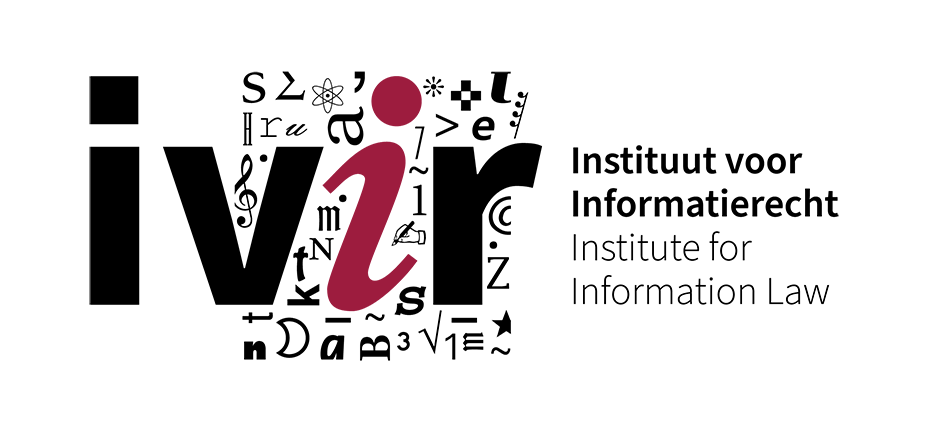New 3 year funded PhD position in Communications Law
PhD position in Communications Law at IViR on the meaning of established values and concepts such as editorial control, independence and liability in light of news media personalisation.
The application deadline is 31 of January 2017 and the position ideally commences in spring 2017.
Project description
The concept of editorial control is essential for defining the role and responsibilities of the news media. It is also a concept that is under great pressure, in particular in light of recent developments. News media are relying more and more on data and algorithms to make editorial decisions. The appearance of hard data on article popularity and engagement seems to create tensions between on the one hand pleasing the news user with personalised recommendation, while on the other hand presenting what the editor determines is politically and socially relevant for the news user. The media also increasingly share their control over selection and presentation with data-driven intermediaries, such as Facebook or Google. These developments pose the question: What is the meaning of editorial control, and the reach of editorial responsibility and liability of newsrooms in such a data-driven news environment?
And what does the dispersion of editorial control over a host of old and new players mean for editorial independence, as an ‘essential requirement for media and a direct corollary of freedom of expression’ (Council of Europe, 2011)? In a data-driven environment, it is not only the influence of the editor that counts, but also that of advertisement networks, news personalisation apps, search engines, social networks, telecommunications operators, and hardware producers. Each party comes with their own vested interest in which types of content users ought to see, and why. The value chain diversifies, and the influence of personal preferences of users and data-driven third parties on editorial decision-making is growing. This calls for revisiting the existing rules in communications law and the self-regulatory codes of the press, which traditionally aim to protect editorial independence, and the audience’s trust in editorial independence.
The PhD will carve out the contours of editorial responsibility in a data-driven and personalised news environment, and elaborate concrete suggestions as to the reach of the concept of editorial control (also in relation to new information intermediaries such as social networks and app stores), but also the measures necessary to protect editorial independence, and users’ trust in editorial independence. In order to do so, the PhD will analyse the history and ratio behind the regulatory notion of editorial control and responsibility, the role of editorial control in media law and policy, and the way the concept is given form in the Netherlands, Germany and the UK. Additionally, the PhD will use insights from interviews with newsrooms and editors. The preliminary guiding research questions for this project are: 1) What is the meaning of established values and concepts such as editorial control, independence and liability in light of news media personalisation and the growing pressure of third parties and intermediaries on editorial decision making, and 2) how should the law tackle new challenges to these concepts?
The Institute for Information Law (IViR) is part of the Law Faculty of the University of Amsterdam, and for the past 25 years one of the leading centres in Europe and worldwide in research in Information Law. IViR is host to an international team of more than 35 researchers that conduct research for national and European funding organisations (NWO, DFG, ERC), European institutions (European Commission, European Parliament, Council of Europe), international organisations and national governments and regulatory authorities.
The PhD will work as part of a multidisciplinary team of 2 communication scientists and 2 PhD legal students, led by Prof. Natali Helberger. The research will be part of a European ERC project:
The team will operate within the larger structure of a research collaboration between the Institute for Information Law and the Amsterdam School of Communication Research (ASCoR) to conduct research into the shift from public to personalised communication in the areas of politics, commerce and health (‘Personalised Communication’).
Requirements
The candidates should have:
- An interest in the following fields: (European) communications law, regulation and fundamental rights
- Good knowledge of current developments in information markets and technology.
- Excel academically, as shown in the grade transcripts and curriculum vitae.
- A creative mind and analytical
- An interest in working in a multidisciplinary team.
- Strong communication
- Excellent written and spoken command of English, and ideally knowledge of the Dutch and German
- A (research) master degree in law, or equivalent Candidates who are due to graduate before March 2017 are also welcome to apply.

